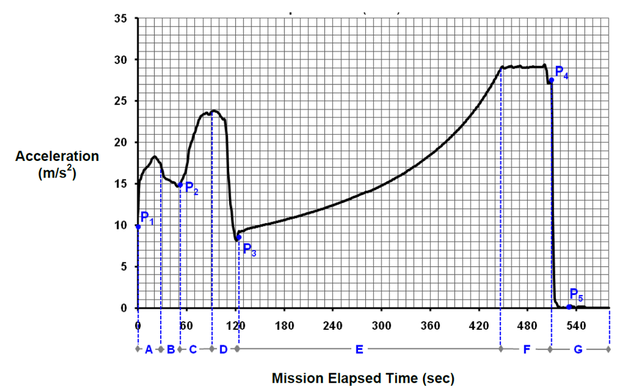News
A preliminary analysis report about the Sweden centrifuge campaign has been drafted.
The third and last meeting was held in Brussels.
The third and last meeting was held in Brussels.
Context
The objective of this topical team is to build a network of scientists with complementary expertise to investigate motor control in unpredictable dynamics, including space environments. During this activity, the following steps will be followed:
A final report summarizing scientific findings and recommendations of countermeasures will be provided to ESA.
- Brainstorming sessions around motor adaptation in unpredictable dynamics, altered gravity and eye-hand coordination.
- Propose a set of preparatory robotic experiments to explore these new lines of research (see doc tab).
- Discuss setting up of more complex experiments to be performed in centrifuges and ground based analogues in order to explore and understand motor strategies used by human subjects in those environments.
- Apply for research funding in the framework of relevant R&D programs, in particular EU, to implement a series of relevant experiments identified in step 3.
A final report summarizing scientific findings and recommendations of countermeasures will be provided to ESA.
Continuous variations of g
The figure above illustrates the g-variations experienced by astronauts during the first 10 minutes of their mission. They experience for the first time gravitoinertial variations between 0 and 3g, while they need carry on complex motor tasks.
Most investigations that addressed motor adaptation in new gravitational environments focused on distinct stable phases, such as the 0, 1 and 1.8g in parabolic flights. However, gravity may also vary significantly and continuously over time. When confronted to a radically new environment, time is needed to recalibrate causality between our actions and their consequences. This already takes time in a stable new dynamical context. However, it poses even more challenges when the underlying environment is also varying itself, bringing an additional cloud of uncertainty on motor processes.
The goal of this proposed Topical Team is to advance our understanding of complex motor control tasks requiring tight eye-hand coordination when the gravitoinertial environment unpredictably varies.
Most investigations that addressed motor adaptation in new gravitational environments focused on distinct stable phases, such as the 0, 1 and 1.8g in parabolic flights. However, gravity may also vary significantly and continuously over time. When confronted to a radically new environment, time is needed to recalibrate causality between our actions and their consequences. This already takes time in a stable new dynamical context. However, it poses even more challenges when the underlying environment is also varying itself, bringing an additional cloud of uncertainty on motor processes.
The goal of this proposed Topical Team is to advance our understanding of complex motor control tasks requiring tight eye-hand coordination when the gravitoinertial environment unpredictably varies.
Executive summary
Neurological and cognitive responses to the spaceflight environment challenge the performance of crewmembers at critical times during spaceflight missions, including launch and entry. Operational performance such as controlling a vehicle or manipulating a complex system may be impaired by altered sensorimotor control, all of which are triggered by g-transitions and persist for some time after the central nervous system adapts to the new gravitational environment. Current countermeasures have not been optimized to minimize the functional impacts of these natural adaptive responses during g-transitions or to restore appropriate sensorimotor functions after g-transitions. Most investigations that addressed motor adaptation in new gravitational environments focused on distinct stable phases, such as the 0, 1 and 1.8g intervals in parabolic flights. However, gravity may also vary significantly and continuously over time. Multi-sensory recalibration is already time consuming in a stable new dynamical context but poses even more challenges when the underlying environment is also varying itself, bringing an additional cloud of uncertainty on motor processes. The goal of this proposed Topical Team is to build a network of scientists with complementary expertise to advance our understanding of complex motor control tasks requiring tight inter-modal coordination when the gravitoinertial environment unpredictably varies.
The Topical Team proposal is available on request.
The Topical Team proposal is available on request.

